From Comics to the Big Screen: The Fantastic Four's Rocky Road in Film Adaptation
Muhe - Monday, 28 July 2025 | 06:00 PM (WIB)
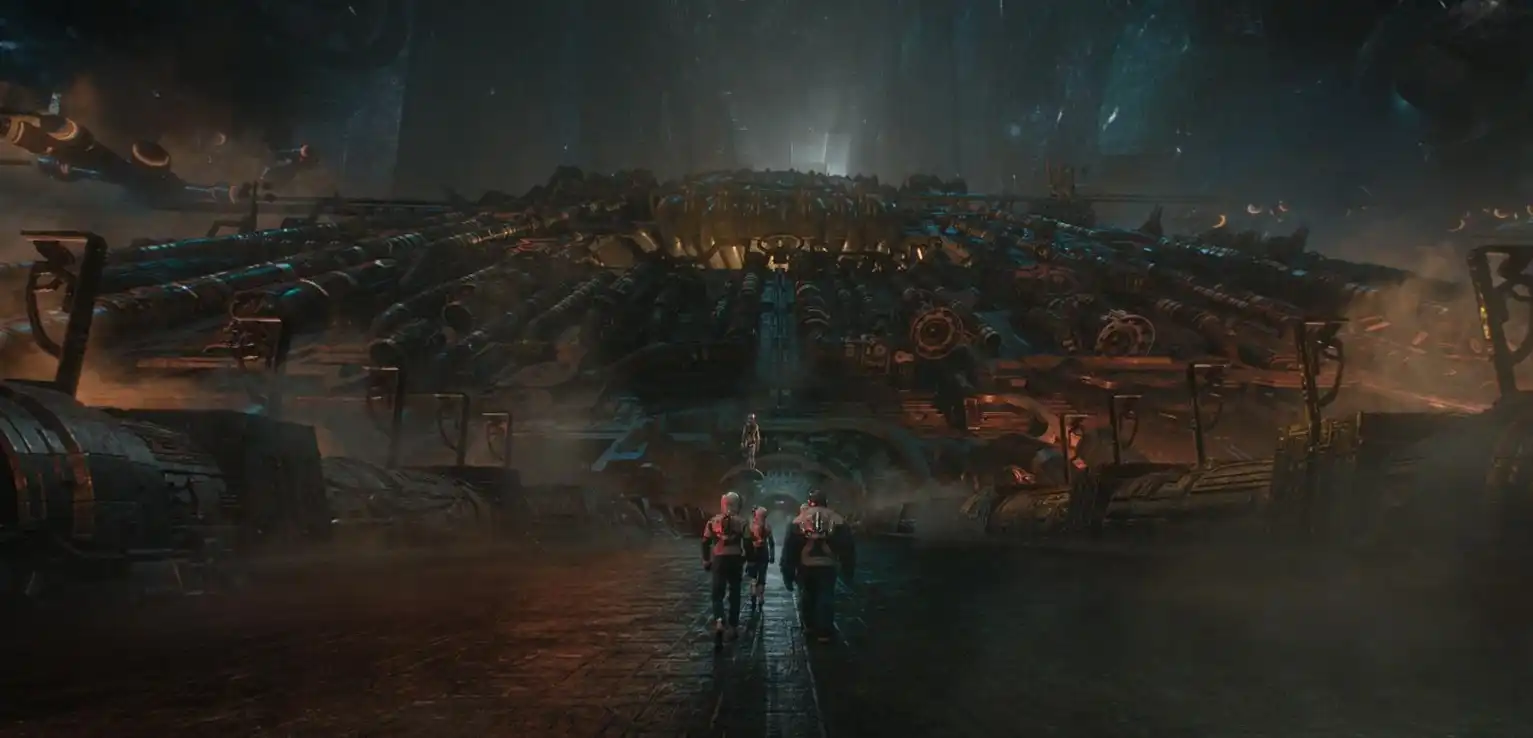

The Genesis of a Cinematic Curse: From Unreleased to Underwhelming
Our journey through the Fantastic Four's film woes begins in the most peculiar of places: a movie that was never actually released. Back in 1994, Roger Corman, the B-movie maestro, produced a low-budget Fantastic Four film. It was less about making a great movie and more about holding onto the film rights. Apparently, if production wasn't completed by a certain date, the rights would revert. So, they made it, they wrapped it, and then... they shelved it. Permanently. It’s become a legendary cult classic for its sheer oddity and the fact that its very existence was a legal loophole. It taught Hollywood an early lesson: sometimes, not releasing a movie is the best movie. A strange start to a strange cinematic legacy, wouldn't you say?Fast forward to the 2000s, and 20th Century Fox took another swing. The 2005 Fantastic Four, followed by its 2007 sequel, Rise of the Silver Surfer, were valiant efforts, certainly, but perhaps a tad too light for some. Starring Ioan Gruffudd as Reed, Jessica Alba as Sue, Michael Chiklis as Ben, and a then-rising star Chris Evans as Johnny (talk about a glow-up for him, huh?), these films aimed for a popcorn-friendly vibe. They were, dare I say, "fine." They delivered some fun moments, especially with Evans's charismatic portrayal of the Human Torch, but they lacked the deeper character work, the sense of cosmic wonder, and the scientific gravitas that defined the comics. They played it safe, and sometimes safe just isn't fantastic enough. While not outright failures, they just kind of… existed, quickly fading from public memory, especially with the MCU hitting its stride soon after.The Gritty Reboot That Crashed and Burned: The 2015 Misstep
Then came the 2015 reboot. Oh, boy. Hopes were initially high for this one. Director Josh Trank, fresh off the success of Chronicle, promised a darker, grittier, and more grounded take on Marvel's First Family. The cast was exciting, featuring Miles Teller, Kate Mara, Michael B. Jordan, and Jamie Bell. The idea was to move away from the light tone of the 2000s films and give the FF a serious, almost body-horror origin story. What happened next, though, felt less like a superhero movie and more like a public relations nightmare wrapped in a studio-mandated tonal mess.Reports of extensive reshoots, disagreements between the director and the studio, and Trank’s public disavowal of the final cut before it even hit theaters painted a grim picture. The movie itself felt like a Frankenstein's monster of a film – a disjointed narrative, a rushed ending, and a complete lack of the family dynamic that makes the Fantastic Four, well, fantastic. It was like watching a family feud, but without any of the fun, just the feuding. It earned scathing reviews and bombed spectacularly at the box office. It stands as a stark reminder of how not to adapt beloved source material, particularly when multiple cooks spoil the broth.So, Why Is It Such a Tough Nut to Crack?
It’s a fair question, right? Why has a team as iconic and beloved as the Fantastic Four consistently struggled where other heroes, even lesser-known ones, have soared? There are a few key challenges that make adapting them a monumental task:- Tonal Whack-a-Mole: The Fantastic Four isn't just one thing. They're a unique blend of science fiction, cosmic exploration, family drama, superhero action, and even touches of horror. Balancing these elements without feeling tonally schizophrenic is incredibly difficult. They aren't grim and gritty like Batman, nor are they just pure action like some Avengers flicks. They need a specific, adventurous, slightly quirky tone that no film has quite nailed.
- The Characters and Their Powers: While iconic, translating their powers visually and compellingly isn't straightforward. Reed's stretching often looks silly if not done with clever choreography and effects. Sue's invisibility and force fields need to be dynamic and powerful. Johnny's 'Flame On!' is cool, but needs more than just pyrotechnics. And Ben Grimm, the Thing, requires a perfect blend of imposing physicality and vulnerable heart. His emotional core is crucial.
- Doctor Doom: The Arch-Nemesis Problem: Doctor Doom is arguably Marvel's greatest villain. He's Reed Richards' dark mirror, a brilliant despot with a complex history. Yet, every film adaptation has fundamentally missed the mark, turning him into a generic corporate villain or a power-hungry madman without the gravitas, ego, or philosophical depth that makes him so compelling in the comics. Nailing Doom is half the battle, and it's been lost every time.
- The "Exploration" Aspect: The FF are explorers first, superheroes second. Their adventures often involve travelling to the Negative Zone, encountering alien races, or solving cosmic mysteries. This requires a strong sense of wonder and visual spectacle that can be costly and difficult to execute without feeling disjointed or, frankly, cheap.
- Studio Interference: This is the elephant in the room for many failed adaptations, and it certainly seems to have plagued the 2015 film in particular. Too many voices, too many mandates, and a lack of clear, consistent creative vision can derail even the most promising projects.
The MCU's Shot at Redemption
Now, the torch has been passed (pun intended) to Marvel Studios, and a new Fantastic Four film is officially on the horizon as part of the MCU. The pressure cooker is definitely on. Kevin Feige and his team have an incredible track record, having resurrected characters from obscurity and turned them into global phenomena. One can only hope that they have finally cracked the code, learning from the past mistakes of others.For the MCU's Fantastic Four to succeed, they need to nail that unique tonal balance, give us a Doctor Doom worthy of the name, and most importantly, capture the heart of the "family" unit. It's not just about their powers; it's about their dynamic, their squabbles, their love, and their unwavering support for each other in the face of cosmic weirdness. The stakes are high, but so is the potential reward. Imagine a Fantastic Four that finally lives up to their name on the big screen, integrated into the sprawling, vibrant tapestry of the Marvel Cinematic Universe. That, friends, would be a whole new ballgame.A Fantastic Future?
The journey of the Fantastic Four in film has been a bumpy one, filled with unreleased curiosities, mildly entertaining but forgettable attempts, and outright disasters. It’s a testament to the enduring power of Stan and Jack's original creation that fans still hold out hope. Marvel's First Family deserves their day in the sun, a film that finally honors their legacy and reminds us all why they truly are, and always will be, fantastic.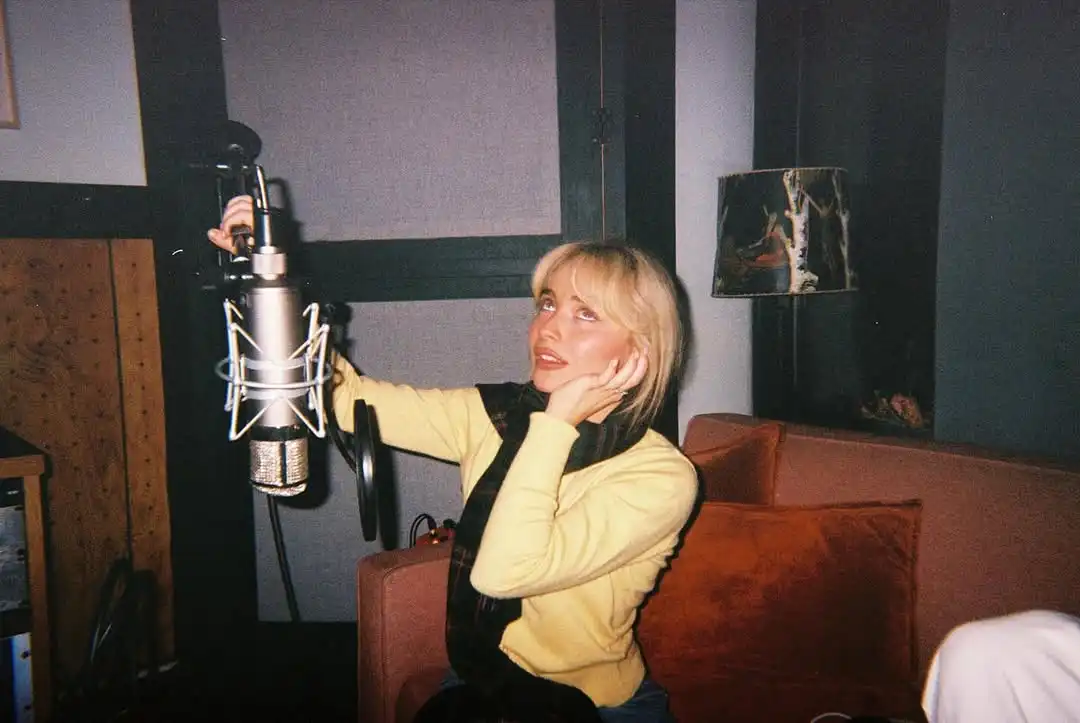
Sabrina Carpenter: The Unseen Layers Beneath the Pop Princess Crown
6 months ago
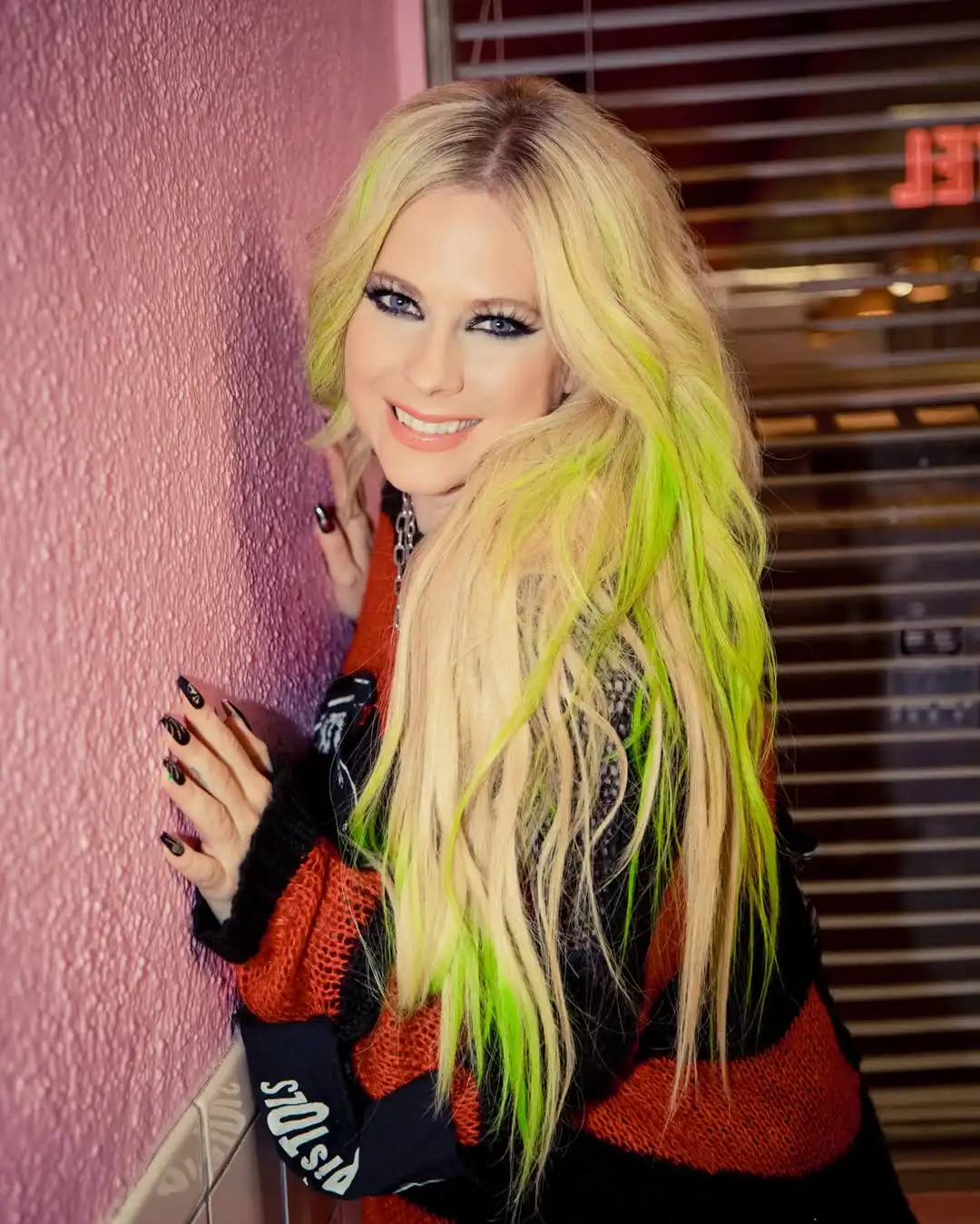
Avril Lavigne Back in the Limelight: High-Profile Collaborations, World Tours, and Conspiracy Rumors
6 months ago
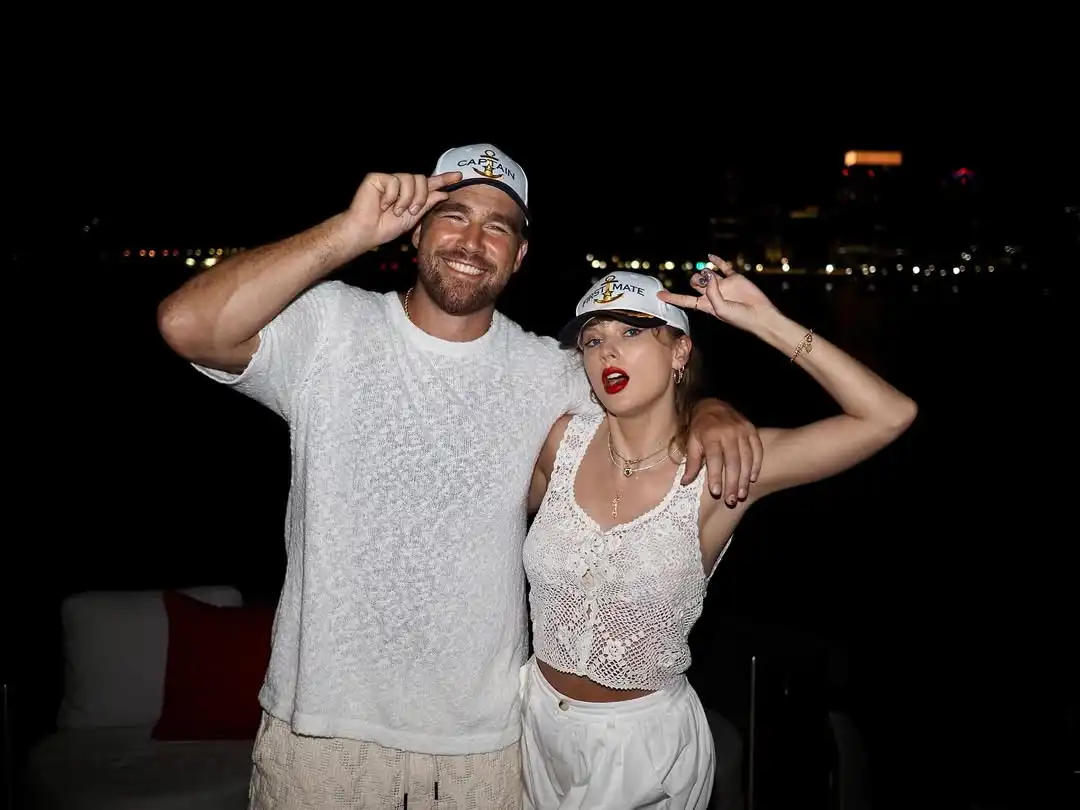
Taylor Swift Breaks Instagram Record on Engagement Post
6 months ago
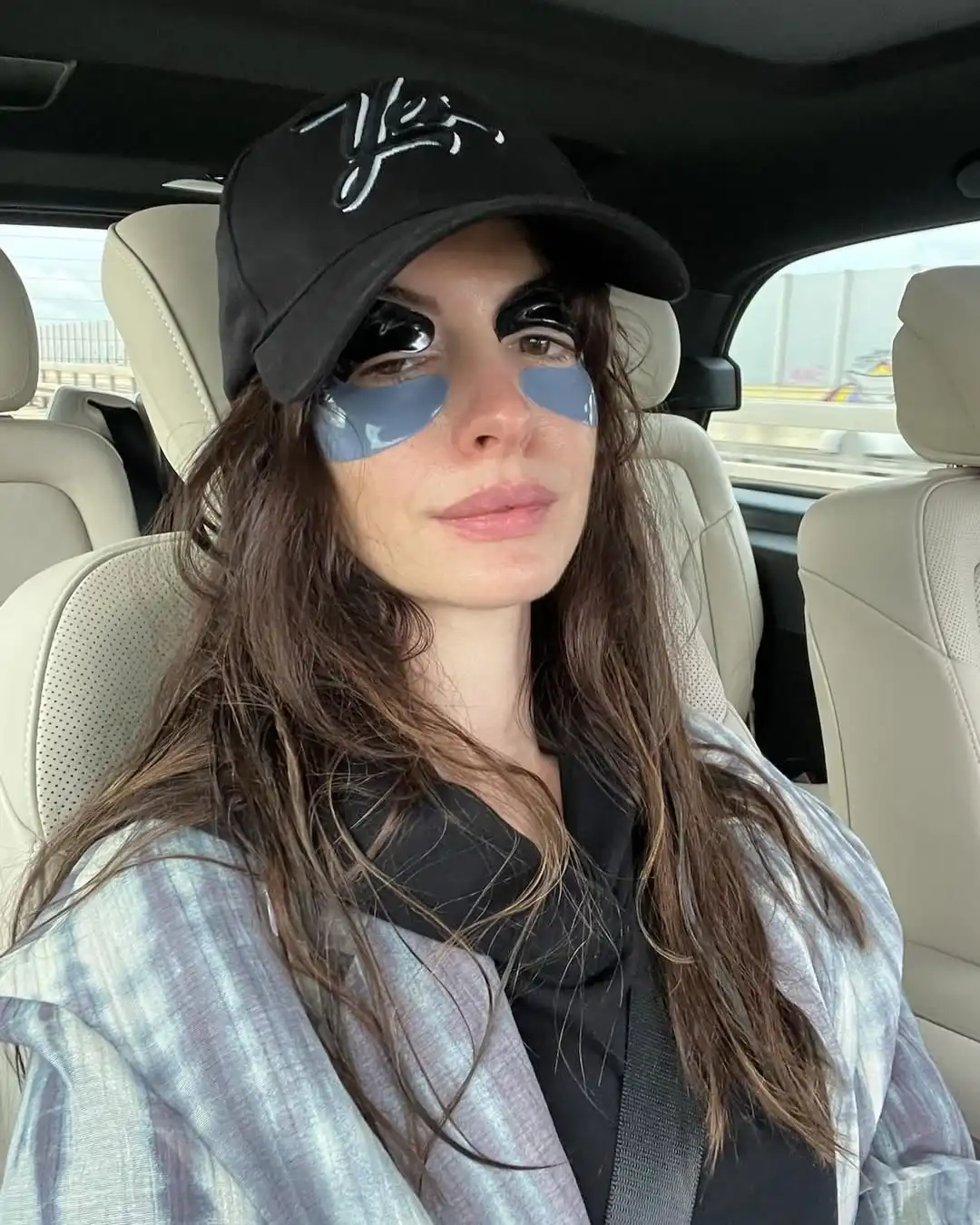
Anne Hathaway in the Spotlight During the Filming of The Devil Wears Prada 2
6 months ago
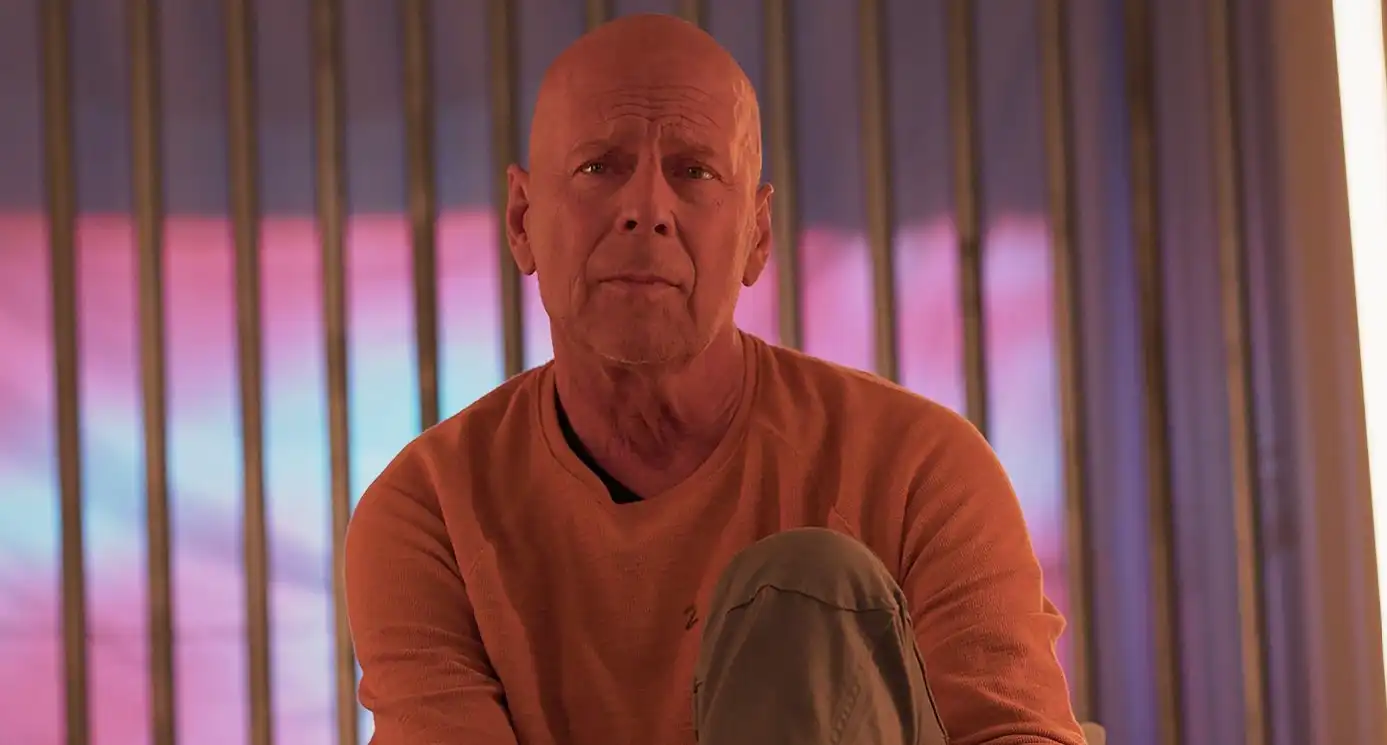
Bruce Willis and His Family's Dementia Struggle
6 months ago
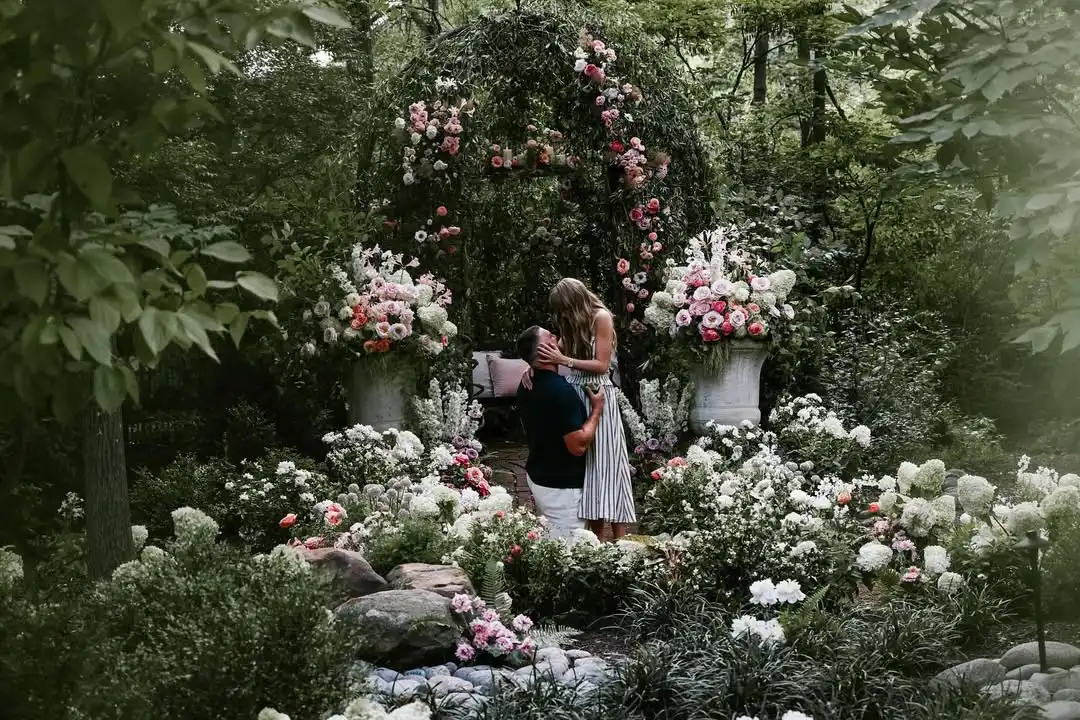
The Engagement Watch: Why Taylor Swift and Travis Kelce Are Keeping Us All on the Edge of Our Seats
6 months ago
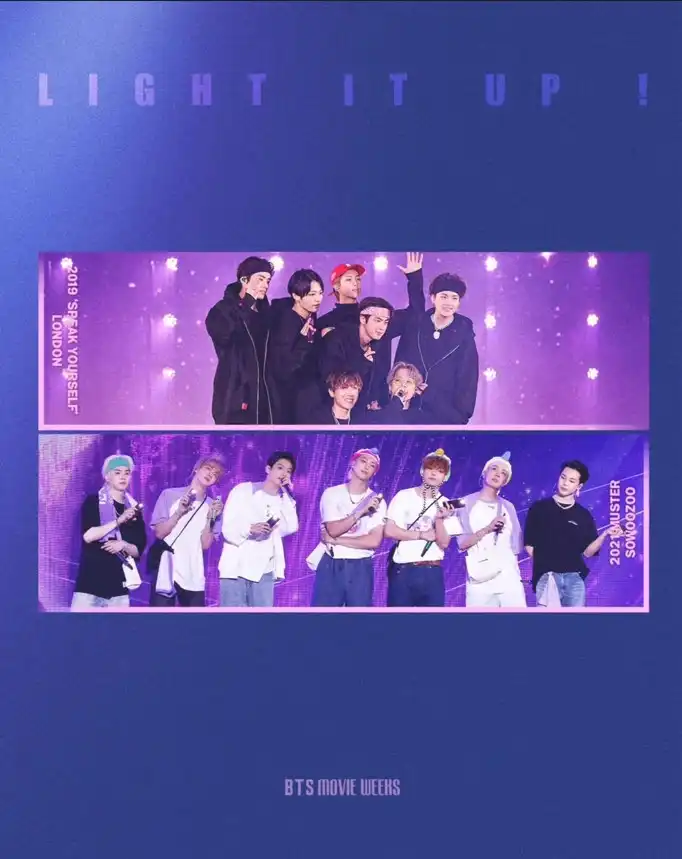
BTS Shines Again: Reunion, Return, and Recent Activities
6 months ago
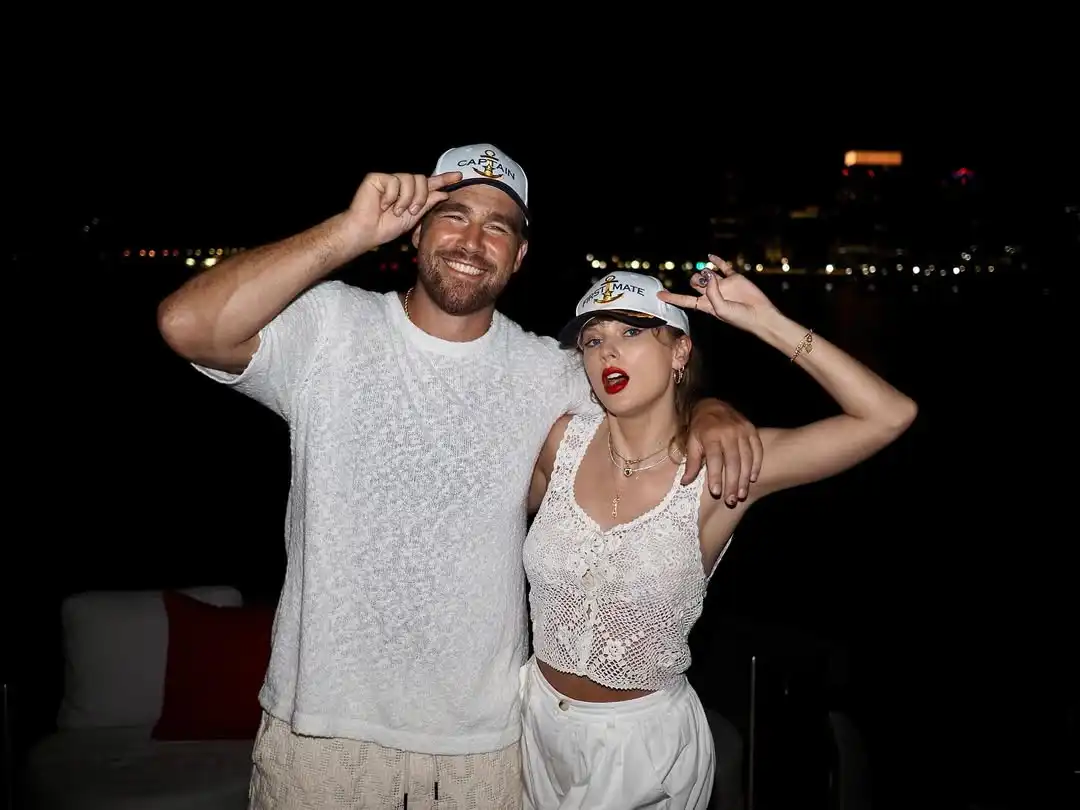
Game On, Love Story: How Travis Kelce and Taylor Swift Rewrote the Playbook for Sports and Entertainment
6 months ago
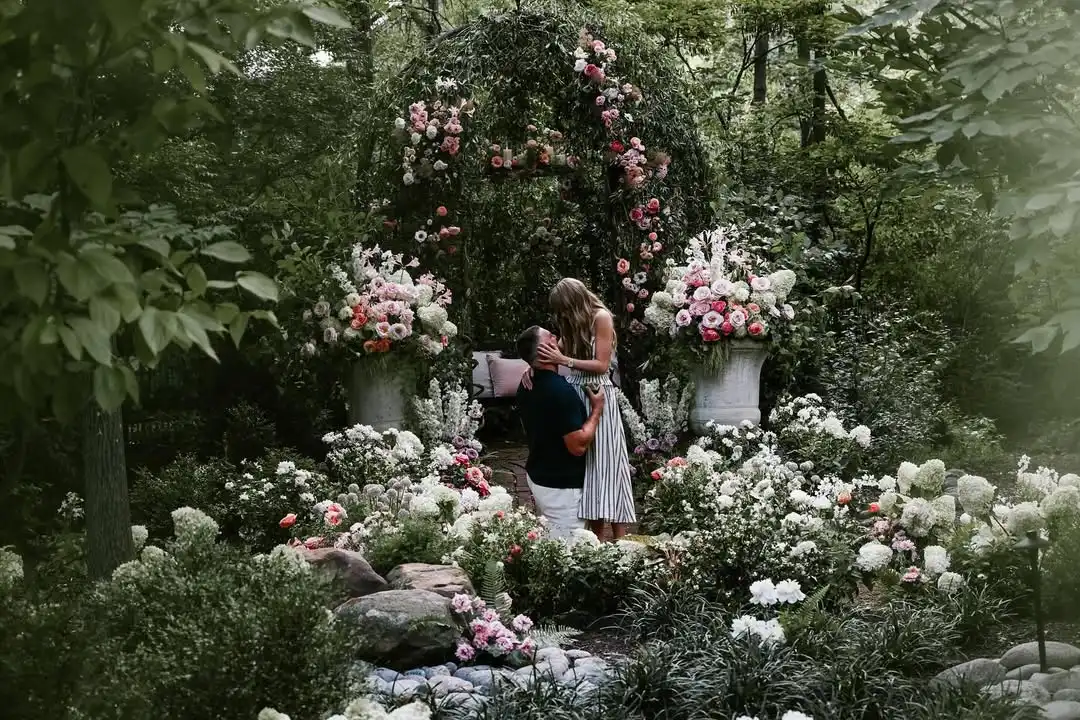
Taylor Swift and Travis Kelce Engaged: A Love Story in the Spotlight
6 months ago

Idol Star Athletics Championships (ISAC) 2025: Viral Moments, Controversy, and Excitement in the Idol Arena
6 months ago
